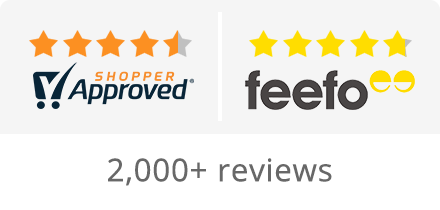
Leasehold & Freehold property
Straightforward answers to our customers most frequently asked mortgage & remortgage questions
- home /
- frequently asked questions /
- mortgages /
- leasehold and freehold property

Posted by Richard Norman
If you've got more questions or you simply want some financial advice, please fill out our quick enquiry form or give us a call on 02382 353 001.
What is the difference between Freehold and Leasehold?
In simple terms, if you have a freehold property then you own the land and the building. If you have a leasehold property then this means you do not own the land the property is on.
Leasehold properties will have a lease which means you can use the land for the term of the lease.
Is it more difficult to get a mortgage on a leasehold property over a freehold property?
Typically not, however, all lenders will require the lease to have a minimum term left at either the outset or the end of the mortgage term.
The length of time required on a lease varies between lenders. An Independent Adviser will be able to determine what lenders will consider your application based on the length of time left on your lease.
Can a lease term be extended?
You have the right to extend the term of your lease by 50 years on a leasehold House and 90 years on a leasehold flat if you qualify.
If you want to extend the lease on the property you should first speak with your landlord and then seek further legal advice if required.
What happens at the end of the lease term?
When the lease runs out you do not have to leave the property.
In law, a lease is a tenancy and as a leaseholder you are the tenant. The tenancy will continue on exactly the same terms unless either you or the landlord decide to end it.
